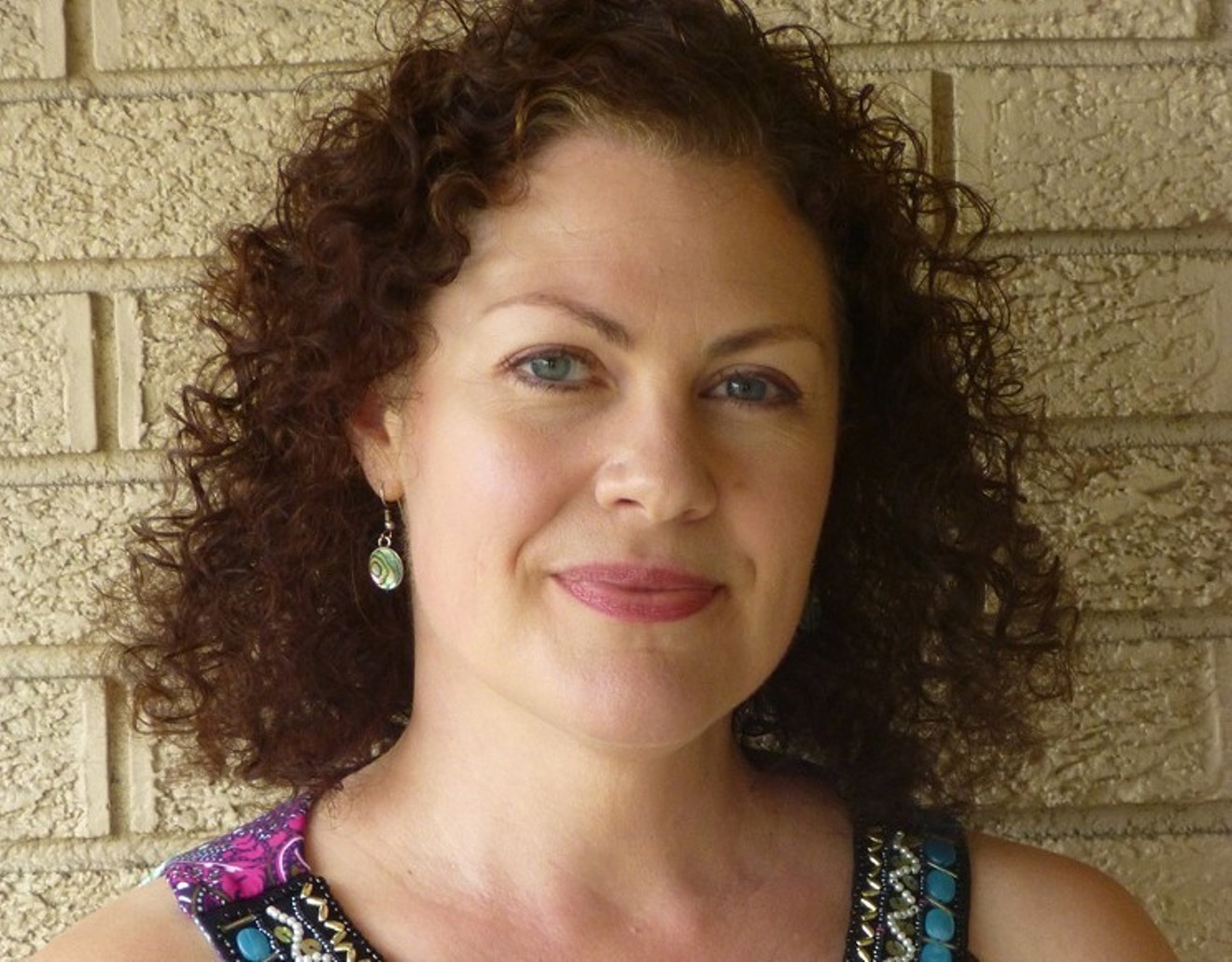In a 139-page opinion dated August 7, Alamosa District Court Judge Pattie Swift ruled that Voss's conviction should be thrown out because her attorneys at trial failed to summon any medical experts to challenge the prosecution's claim that Kyran Gaston-Voss's death was the result of a violent shaking. The decision comes after new testimony by nationally recognized pediatric specialists that the toddler's injuries, including a devastating brain injury, could have been caused by an accidental fall.
Voss's trial counsel "performed below the standard of reasonably competent defense attorneys when they failed to adequately investigate whether the fall...could have caused Kyran’s fatal injuries," Swift wrote.
The Voss case has been the subject of three Westword cover stories over the years — an extensive investigation of the conflicting witness accounts in 2003, a report on Voss's trial and conviction in 2004, and a 2015 examination of her struggle to overturn the verdict with the aid of emerging research that contradicts basic components of the shaken-baby hypothesis.
On January 31, 2003, Voss showed up in an Alamosa hospital emergency room with Kyran, who was limp and unresponsive. She explained that earlier that afternoon she’d left Kyran in the care of a friend visiting from Denver, Patrick Ramirez, while she went to work at a local health-food store. About an hour after arriving at work, she’d gotten a phone call from Ramirez, telling her to come home because something was wrong with Kyran.
Ramirez told her he’d been playing outside with the boy on his shoulders. He’d stumbled. Kyran fell, and the boy might have hit his head on the ground. Ramirez fell on top of him. Kyran started hollering, then seemed dizzy and unable to stand.
The emergency-room doctor noted bruises on the child’s abdomen and signs of an acute subdural hematoma — a bleeding inside the skull. Kyran was soon flown to the intensive-care unit at Children’s Hospital in Denver, while the investigation into how he suffered such a severe head injury lurched into overdrive. After being assured by the child-abuse team at Children's that the head trauma was more likely a case of shaking than a fall, one police investigator accused Ramirez of making up his story in order to protect Voss, with whom he'd had a sexual relationship; the investigator also obtained a "confession" from a sleep-deprived Voss that she might have briefly shaken Kyran in frustration the night before she left him with Ramirez."I wanted to believe there was no way a jury would logically convict me."
tweet this
At trial, the prosecution's medical expert asserted that the fatal injuries were consistent with a violent shaking. The jury took only six hours to deliver its verdict: guilty of knowing and reckless child abuse resulting in death.
Yet the basic premises behind shaken-baby prosecutions — for example, that baby-shaking produces a unique constellation of symptoms, distinct from a short fall — have been under attack for some time, and were even back when Voss went to trial. Dr. Robert Bux, the coroner who conducted the autopsy on Kyran, told Westword in 2003 that he didn't believe in shaken-baby syndrome and found it "difficult to swallow the concept." Yet the defense never called him as a witness to refute the prosecution's medical expert.
“I wanted to believe there was no way a jury would logically convict me," Voss told me two years ago. "It took at least four or five years before I started delving into the documents, and even more time to be granted a lawyer and a hearing. But I never gave up hope that things could change, because what happened here was so very wrong.”
No word yet on whether Twelfth Judicial District Attorney Crista Newmyer-Olsen will appeal Judge Swift's order. The judge isn't waiting to find out; she's scheduled a hearing next week to set a date for a new trial for Voss, who's already served thirteen years of her now-vacated twenty-year sentence.












